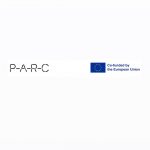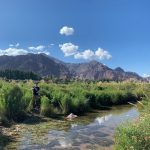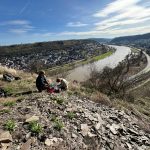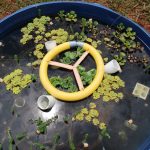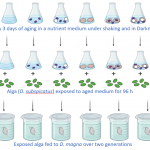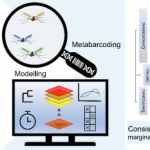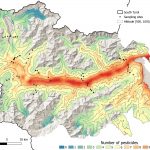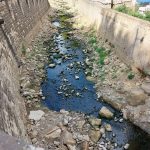Would you like to learn more on chemical exposure and modelling?
Partnership for the Assessment of Risks from Chemicals (PARC) is offering a Training Course on Chemical Exposure & Modeling from the 10th to 12th of June 2024 in Brno, Czech Republic.
Continue reading
